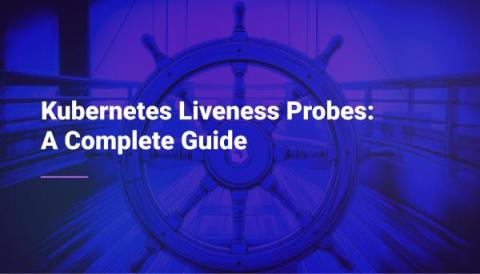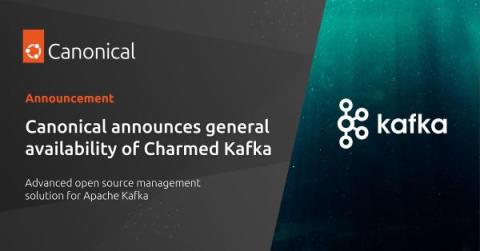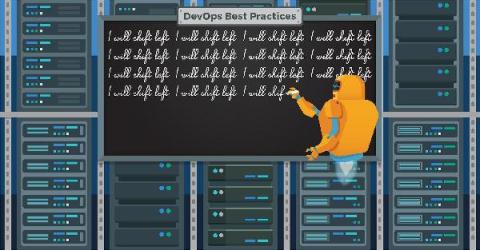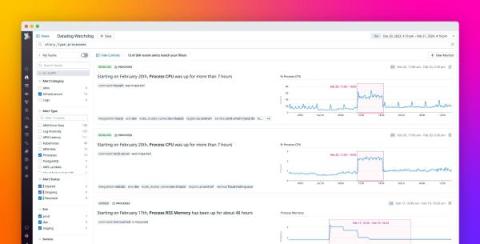Kubernetes Liveness Probes: A Complete Guide
Kubernetes probes are essential tools for maintaining the health and reliability of applications running in containers. Among these, the liveness probe plays a critical role in checking if an application is running correctly. If it detects any problems, Kubernetes can automatically restart the affected container, thus ensuring the application remains available without manual intervention.











